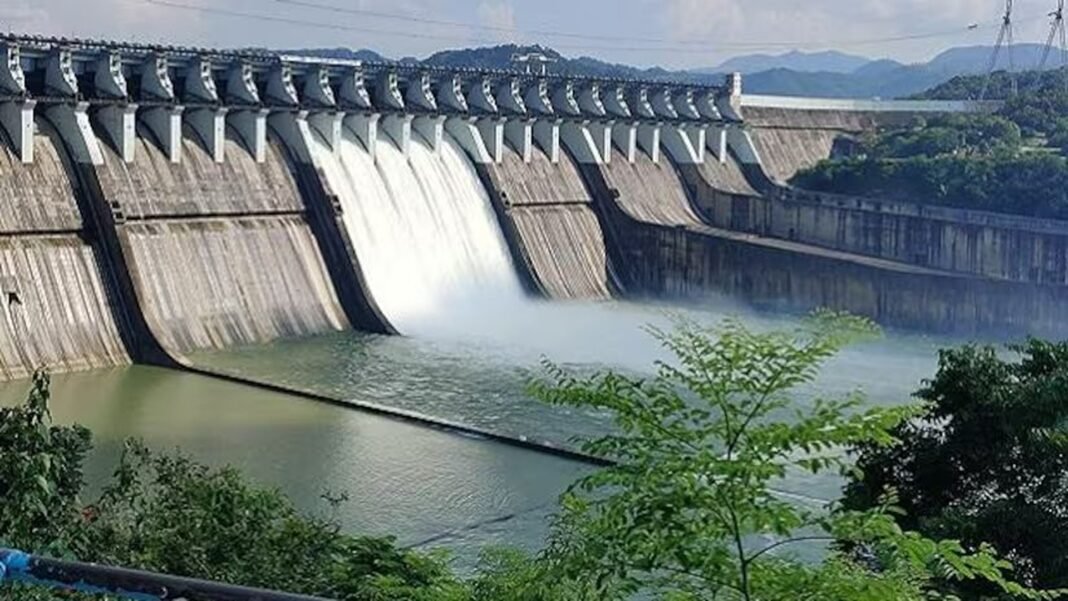Delays in the implementation of hydropower projects in India have led to significant cost overruns, amounting to over Rs 30,000 crore, according to recent reports. These delays not only have financial implications but also impact the country’s renewable energy targets and overall infrastructure development.
Hydropower projects play a crucial role in India’s energy sector, providing clean and sustainable electricity generation. However, due to a range of factors, including environmental clearances, land acquisition challenges, and technical issues, many projects have experienced substantial delays in their execution.
The cost overruns incurred due to these delays present a significant challenge for project developers and the overall economy. The additional expenses affect the financial viability of the projects, causing delays in project completion and hindering the country’s renewable energy goals.
Moreover, the impact of cost overruns extends beyond the immediate financial burden. The delays result in a slower capacity addition to the energy grid, hampering the country’s efforts to meet its growing energy demand and reducing its reliance on fossil fuels. This, in turn, can affect the energy security of the nation and hinder the transition to a more sustainable energy mix.
Efficient project management and timely implementation are crucial to minimize cost overruns and ensure the successful execution of hydropower projects. Streamlining the approval process, improving coordination among stakeholders, and addressing challenges related to land acquisition and environmental clearances are essential steps to mitigate delays and cost escalations.
In addition, robust monitoring and evaluation mechanisms can help identify potential bottlenecks and address them proactively. It is imperative for project developers, government agencies, and policymakers to work in close collaboration to overcome the obstacles and streamline the execution of hydropower projects.
Efforts should also focus on enhancing the capacity and expertise of project developers and construction companies involved in hydropower projects. Skills development initiatives and knowledge sharing platforms can contribute to improved project planning, risk management, and efficient resource allocation.
The government’s commitment to resolving these issues is crucial to harness the full potential of hydropower and meet the country’s renewable energy targets. By addressing the challenges associated with delays and cost overruns, India can unlock the immense potential of hydropower, diversify its energy sources, and accelerate the transition towards a sustainable and energy-secure future.




